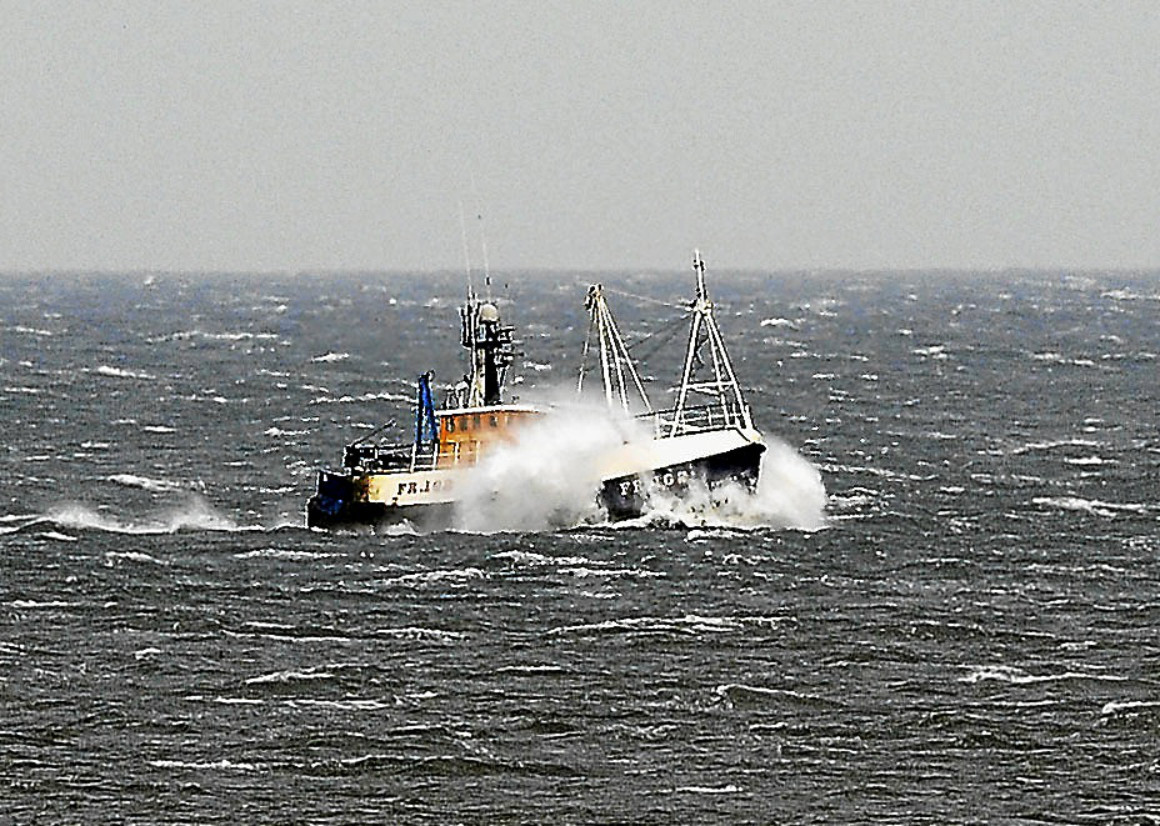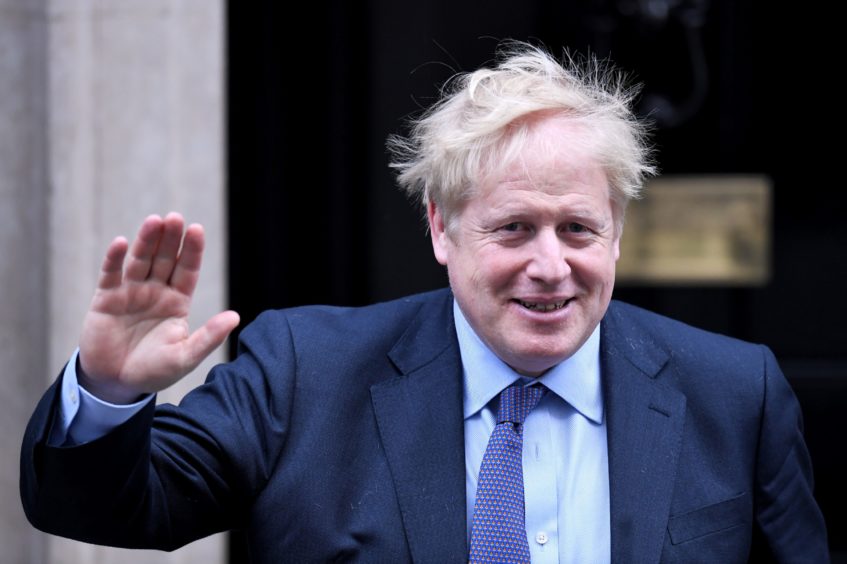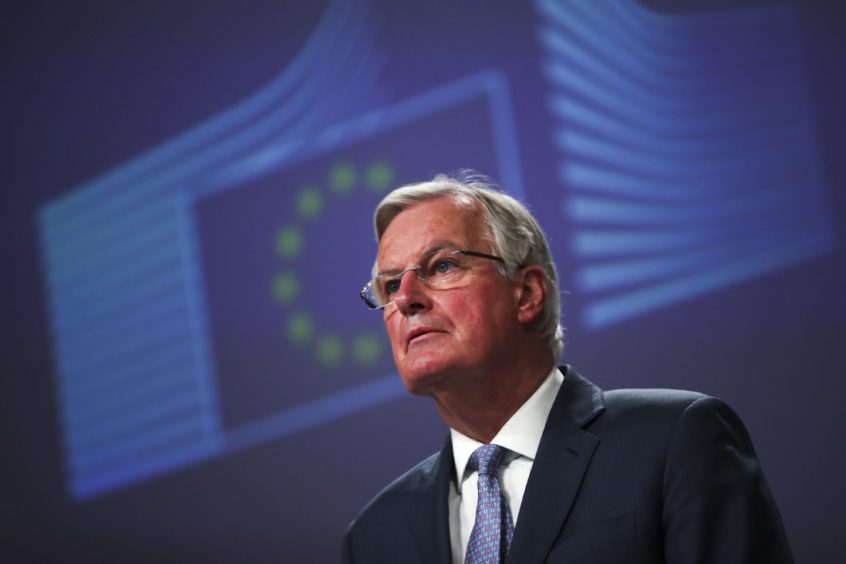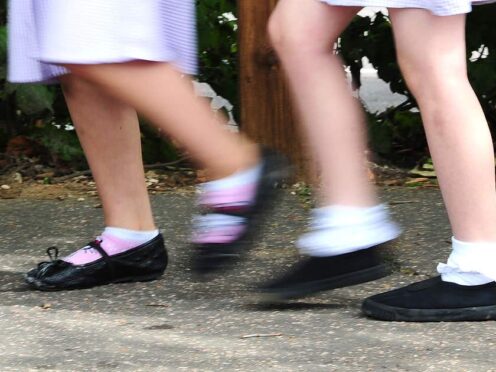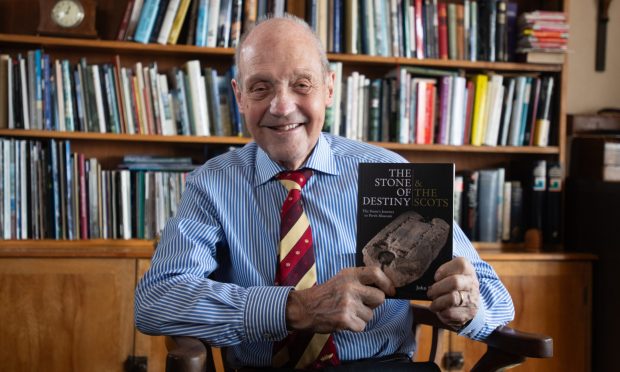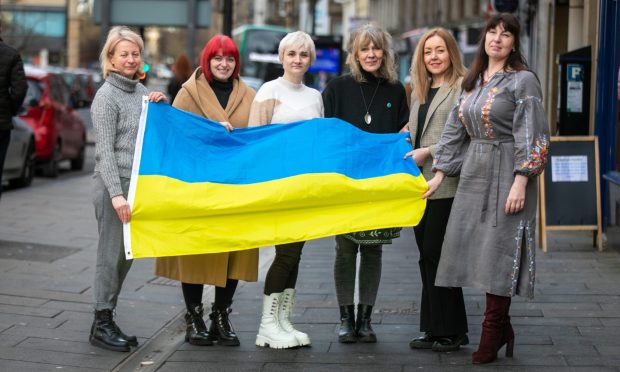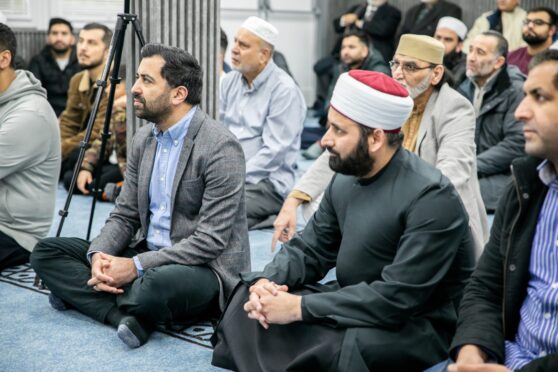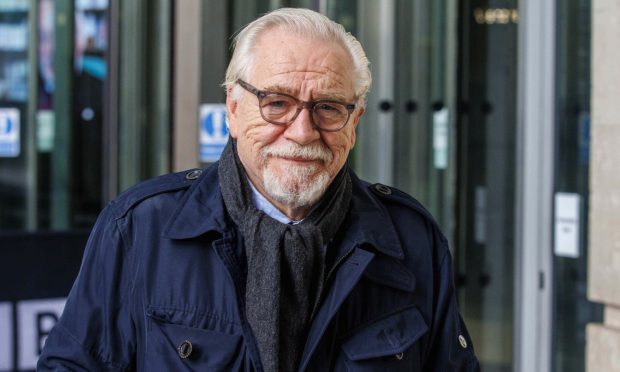Industry leaders have warned that UK and EU fishermen could “come to blows at sea” if London and Brussels fail to agree a deal on fishing.
Concerns have also been raised that if EU fishermen are excluded from UK waters there may be retribution in the form of blockades at ports to stop the import of Scottish shellfish.
Food exports to Europe – mostly fish and seafood – are worth around £1.1 billion to the Scottish economy each year.
Jeremy Percy, director of the New Under Ten Fishermen’s Association which represents the UK’s small fishing vessels, told a House of Lords committee that any change to the seamless export of fish would end in “unmitigated disaster”.
Mr Percy, who appeared alongside other industry leaders, warned that if both sides failed to get the balance right in negotiations fishermen could “take the law into their own hands”.
The warning comes a week after Boris Johnson and the EU’s Brexit negotiator Michel Barnier made their positions clear on any fishing agreement.
Mr Johnson has said the UK should be treated as an independent coastal state like Norway, with whom the EU holds annual negotiations on fish, while Mr Barnier has demanded a continuation of reciprocal access to waters.
“Nobody wants to find themselves in a situation where these political conflicts are worked out at sea, where there’s a risk to life”, Barrie Deas, chief executive of National Federation of Fishermen’s Organisations told the committee.
I do worry with strong feelings and emotions running high it would come as no surprise whatsoever if EU and UK vessels came to blows at sea.”
Jeremy Percy, New Under Ten Fishermen’s Association
Mr Percy added: “I do worry with strong feelings and emotions running high it would come as no surprise whatsoever if EU and UK vessels came to blows at sea. I certainly hope they don’t.
“I do think the somewhat aggressive comments by the French agriculture minister, that they’re going to continue fishing in our waters, would have been taken to heart by their fleet and I think that represents a particular threat.”
Britain has been quietly increasing its maritime defences in an attempt to prevent a repeat of the “cod wars” of the 1970s, but Mr Percy told the committee it was not enough.
“I’m not filled with confidence that we can effectively police our seas. It may well be that UK fishermen feel it necessary to act unilaterally if there are blatant incursions by EU vessels in the absence of an agreement and or protection vessels.”
In response, Mr Percy said EU fishermen, who land more than 700,000 tonnes of UK fish and shellfish each year, could end up taking “the law into their own hands”.
Elspeth Macdonald, chief executive of the Scottish Fishermen’s Federation, was less pessimistic, however.
We want to be an independent coastal state in control of the resources in our waters, having friendly annual negotiations with our neighbours…
Fisheries Minister George Eustice
She told the committee that the UK’s ability to control access to its waters as an independent coastal state was the “ace in the pack” that would ultimately facilitate a fishing deal.
In a separate debate in Westminster hall on Wednesday morning, Fisheries Minister George Eustice echoed that same point.
He said: “We’re very clear that we want to be like Norway. We want to be an independent coastal state in control of the resources in our waters, having friendly annual negotiations with our neighbours, having a mutual exchange of access and an annual discussion on the total allowable catch and who should have what share of that catch species by species.”
The Government’s approach would be to “move away from the outdated, unfair and unscientific relative stability sharing mechanism that currently pertains in the EU to a modern, more scientific approach based on zonal attachment”.
He added: “In those annual negotiations we will also seek a mutual agreement on exchange of access, deciding what species that should be, what areas that should be and what sharing arrangements should be attached to any mutual access agreed. We are making good progress in preparing for this new world.”
